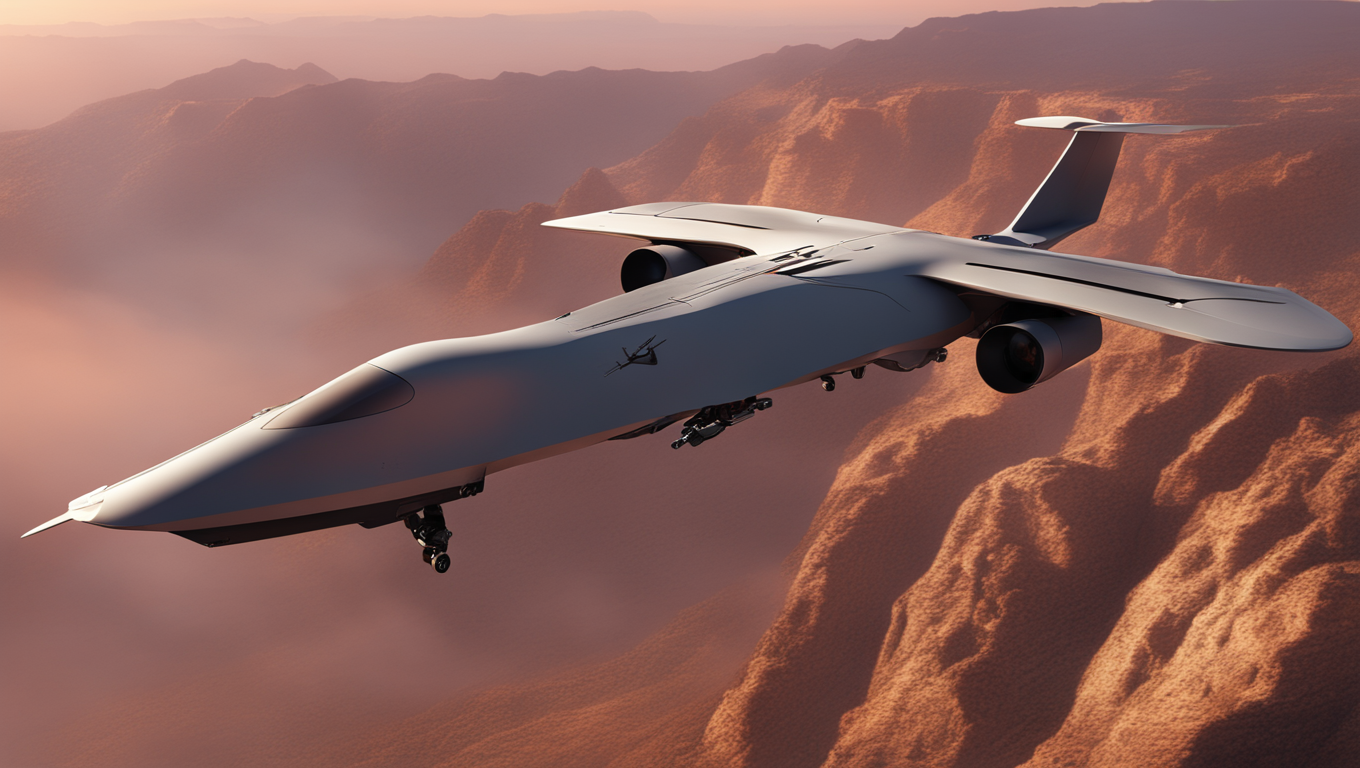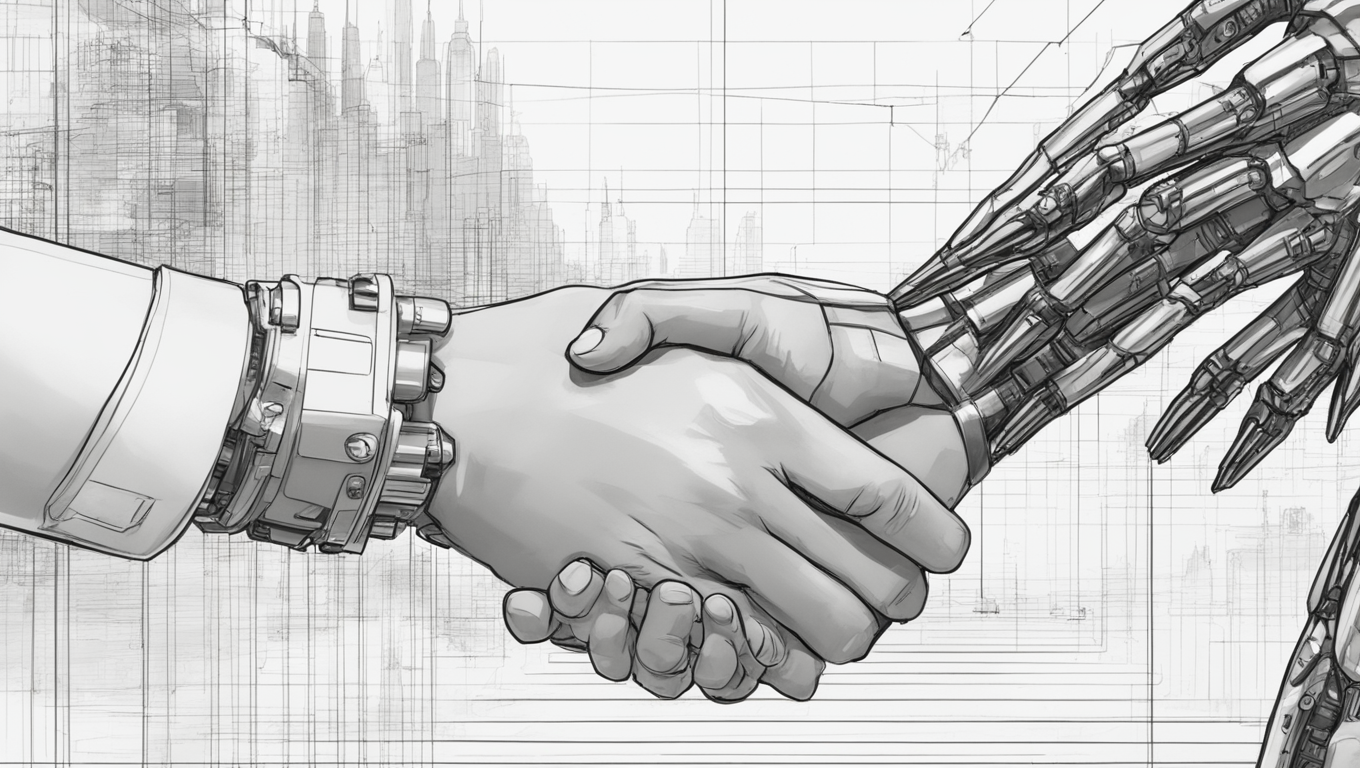The rise of drones in global conflict has become a focal point for military organizations worldwide. In-Q-Tel, a CIA-backed strategic investment fund, recognizes the importance of drone warfare and believes that the United States needs to prioritize the development of its own drone industrial base. Steve Bowsher, President and CEO of In-Q-Tel, acknowledges that commercially produced drones from various markets have narrowed the gap between small and large combatants on the battlefield.
“When you look at conflicts in Ukraine and Gaza, it becomes evident that drones play a significant role,” says Bowsher in an exclusive video interview with Threat Status. “The Ukrainians use off-the-shelf drones to disrupt advanced Russian airborne platforms, and Hamas employs drones to penetrate Israel’s Iron Dome defense system.”
In-Q-Tel, functioning like a venture capital firm under CIA oversight, invests in tech startups to support intelligence and national security agencies. Its focus on drone technology stems from the realization that the most impactful drones are the cost-effective, disposable, and autonomous ones that China has been manufacturing for years.
According to Bowsher, the lack of a commercial drone manufacturing base in the United States is a concern, particularly in the event of a conflict with China. To address this issue, the Department of Defense has launched the Replicator initiative. By August 2025, the military aims to deploy thousands of all-domain autonomous systems empowered by artificial intelligence.
Bowsher believes that the development of a U.S.-led drone industrial base is a central goal of the Replicator initiative. “In a conflict with China, we cannot rely on them for materials, manufacturing, and finished products,” he stated. “Accelerating the development of our own drone industrial base is critical for the future of global conflicts.”
Taking over In-Q-Tel in late 2023 amid escalating concerns of conflict with China, Bowsher understands the importance of monitoring technological advancements by American adversaries. In-Q-Tel recently established an office in Singapore to gain insight into tech developments in Asia.
While drones are a key focus for In-Q-Tel, the organization’s portfolio extends beyond this technology. Bowsher highlighted successes like Rocket Lab, a New Zealand-founded commercial space company, and Ginkgo Bioworks, a Boston-based biotech startup.
As drone warfare continues to shape global conflicts, it is clear that the United States must invest in its own drone capabilities. The Replicator initiative, backed by In-Q-Tel and the Department of Defense, aims to accelerate the development of a U.S.-led drone industrial base. By doing so, the U.S. hopes to establish autonomy and reduce dependence on other nations in times of conflict.





Use the share button below if you liked it.